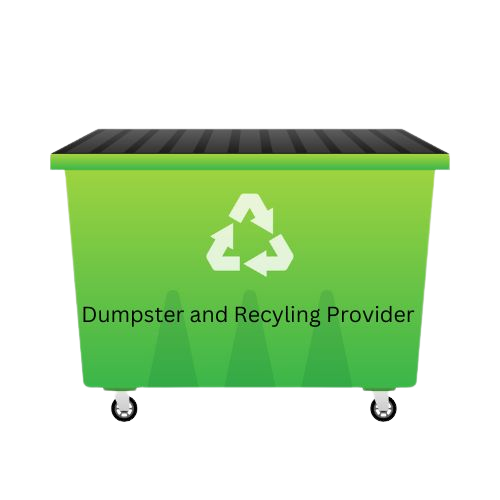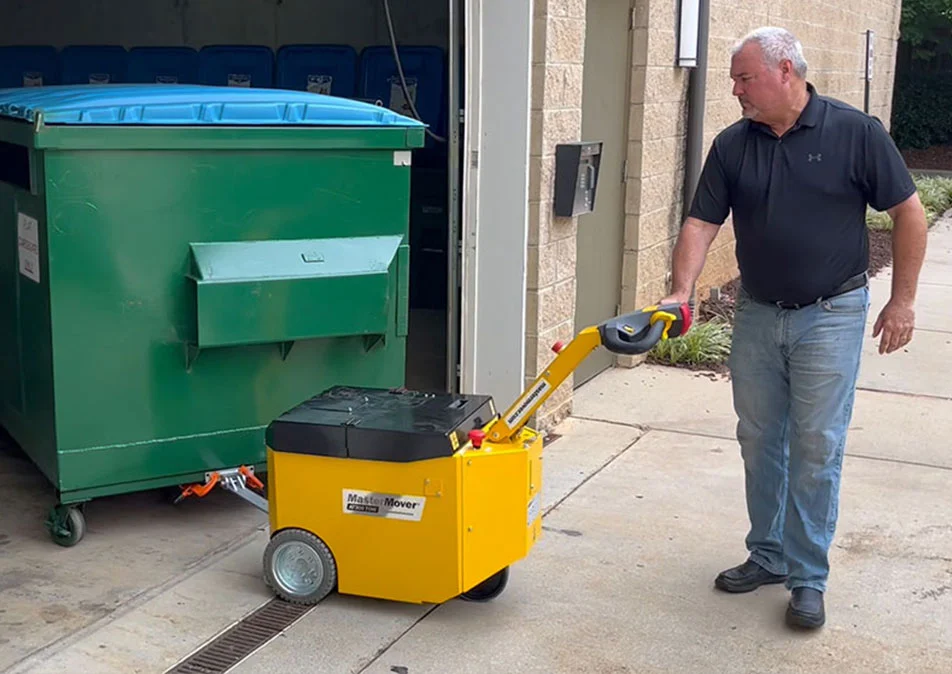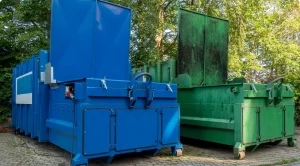In today’s world, efficient waste management is crucial for businesses and communities alike. One key aspect of effective waste management is mastering the process of dumpster rental. By optimizing dumpster rental procedures, businesses can significantly streamline their waste management processes, saving time, money, and resources. In this blog post, we’ll explore the ins and outs of dumpster rental mastery and how it can benefit your organization.
Understanding Dumpster Rental
Dumpster rental involves the temporary use of large waste containers for collecting and disposing of various types of waste materials. These dumpsters come in different sizes and configurations, ranging from small bins for residential use to large containers for construction projects. When renting a dumpster, it’s essential to consider factors such as the type of waste being generated, the volume of waste, and the duration of the rental period.
Benefits of Streamlining Waste Management
Streamlining waste management through optimized dumpster rental processes offers several benefits for businesses:
- Cost-effectiveness: By choosing the right size dumpster and rental duration, businesses can avoid unnecessary expenses associated with oversized containers or extended rental periods.
- Time efficiency: Streamlined dumpster rental processes save time by minimizing the need for frequent pickups and drop-offs, allowing businesses to focus on their core operations.
- Environmental impact reduction: Proper waste management practices, including efficient dumpster rental, contribute to reducing environmental pollution and promoting sustainability.
Steps to Master Dumpster Rental
- Researching reputable rental companies: Start by researching and comparing dumpster rental companies in your area. Look for reputable providers with positive customer reviews and a track record of reliable service.
- Determining appropriate dumpster size: Choose the right size dumpster based on the volume and type of waste generated. Consider factors such as the available space for placement and any weight restrictions imposed by the rental company.
- Planning the rental duration: Determine the optimal rental duration based on your project timeline and waste disposal needs. Avoid underestimating the rental period to prevent additional fees for exceeding the agreed-upon timeframe.
- Proper waste segregation and disposal: Implement proper waste segregation practices to ensure that recyclable materials are separated from non-recyclable waste. Partner with recycling facilities and disposal centers to responsibly manage waste materials.
Tips for Optimizing Waste Management Process
- Implementing recycling initiatives: Establish recycling programs within your organization to reduce the amount of waste sent to landfills. Educate employees about the importance of recycling and provide convenient recycling bins throughout the premises.
- Training employees on waste management protocols: Conduct training sessions to educate employees on proper waste management protocols, including segregation, disposal, and recycling practices. Emphasize the importance of following these protocols to minimize environmental impact.
- Regular maintenance of dumpsters: Schedule regular maintenance and cleaning of dumpsters to prevent odors, leaks, and other issues. Implement a cleaning schedule and perform visual inspections to identify any signs of damage or wear.
Takeaway
Mastering dumpster rental is essential for businesses looking to streamline their waste management processes and reduce costs. By following the steps outlined in this blog post and implementing the tips for optimizing waste management, organizations can achieve greater efficiency, cost-effectiveness, and environmental sustainability in their waste disposal practices.






